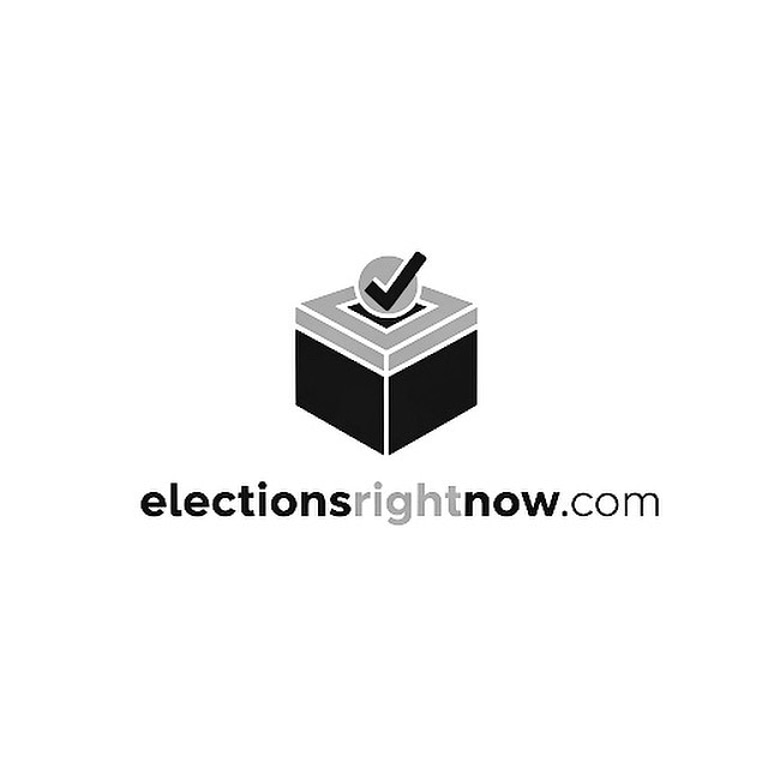Elections Right Now
Your Global Election Tracker.
Join our mailing list for updates and analyses on future elections.
Elections Overview: July-December 2025
7/17/20251 min read


Key elections in last half of 2025
The latter half of 2025 is set to be pivotal for democracies globally, with key elections likely to reshape political landscapes. Japanese and several European elections may significantly affect power dynamics and influence policymaking in and between various nations.
The second half of 2025 is particularly notable due to multiple electoral events occurring simultaneously across different regions. Voter turnout will reflect trust in institutions, making engagement crucial for stable governance. As we approach this period, it's clear these elections will test the resilience of democracies worldwide.
July 2025: Japanese focus on the Asia-Pacific Region
In July 2025, Japan will hold its House of Councillors election, influencing not only its political landscape but also the Asia-Pacific region's stability. The ruling coalition under Prime Minister Shigeru Ishiba faces significant challenges amid economic concerns. The implications extend beyond Japan, potentially impacting trade and defense relations with regional neighbors, particularly in light of issues like North Korea’s nuclear ambitions.
Key Elections in Other Regions from August to December 2025
From August to December, elections in various regions will transform the political landscape. Looking ahead to the rest of 2025, key elections are scheduled for Bolivia in August, September in Norway, Moldova, Malawi and Guyana, followed by the Czech Republic and an early election in the Netherlands in October. October will also see local elections in Georgia, Estonia, and North Macedonia. The electoral year concludes with a presidential election in Ireland.
All these elections could lead to significant global shifts in governance, impacting international relationships and policies. They may redefine diplomatic relations, influence trade, and reflect the health of democracies worldwide.
Elections Right Now will follow elections around the world in 2025, because the result of the votings offer insights into international politics, highlighting the links between domestic choices and global consequences.
Contacts
Socials
Subscribe to our newsletter
About us:
We are a global election tracker.
We follow global affairs trough elections.
We use and experiment with AI supported technologies in the work with this website.
